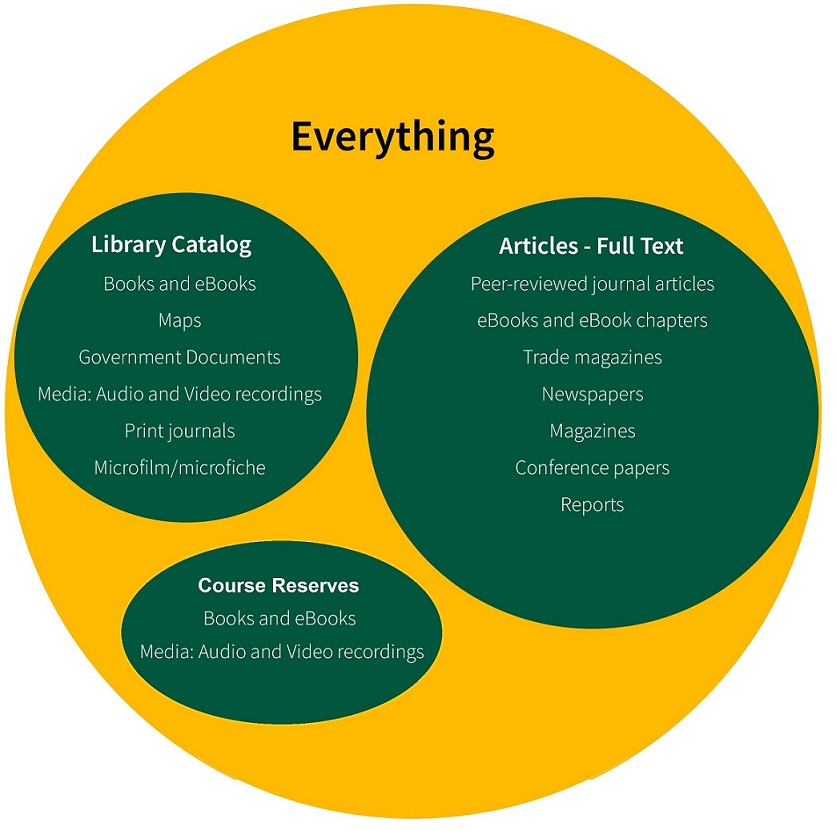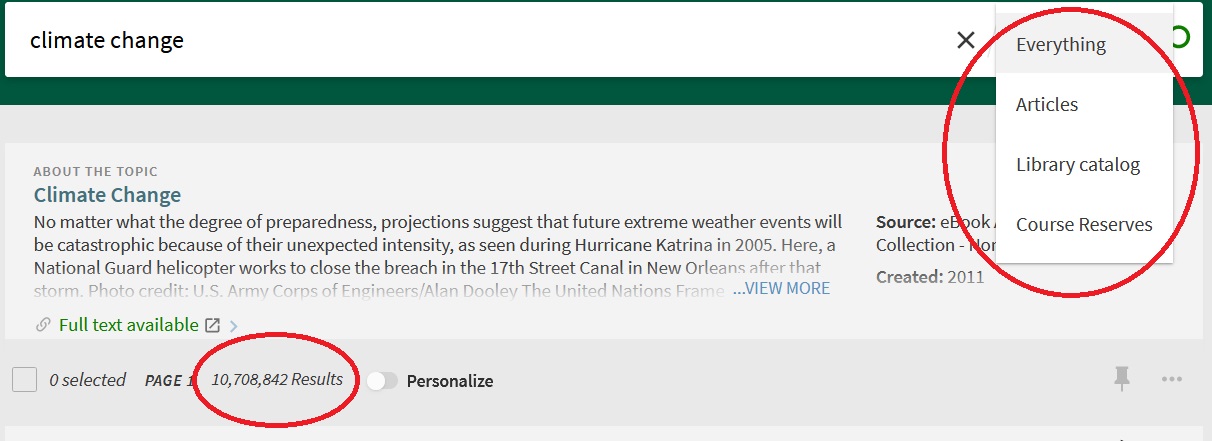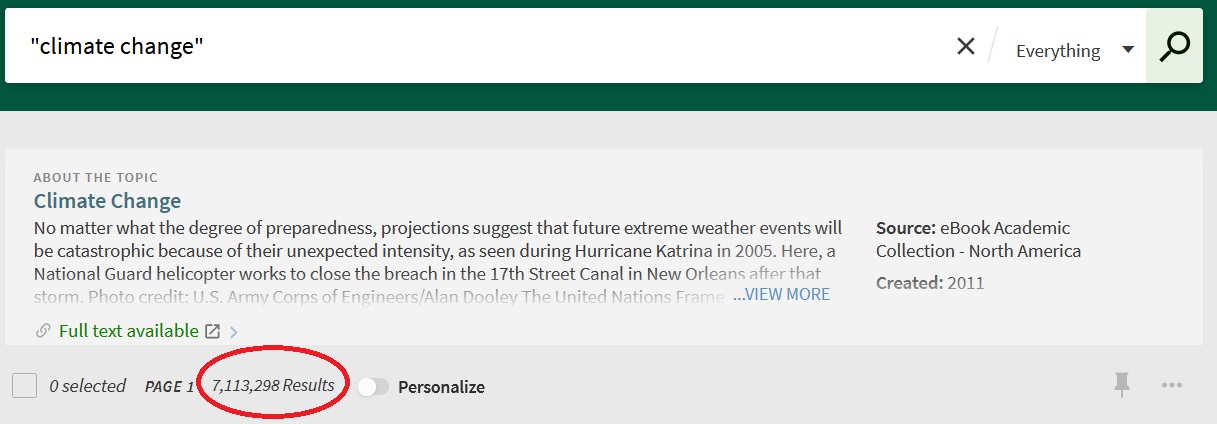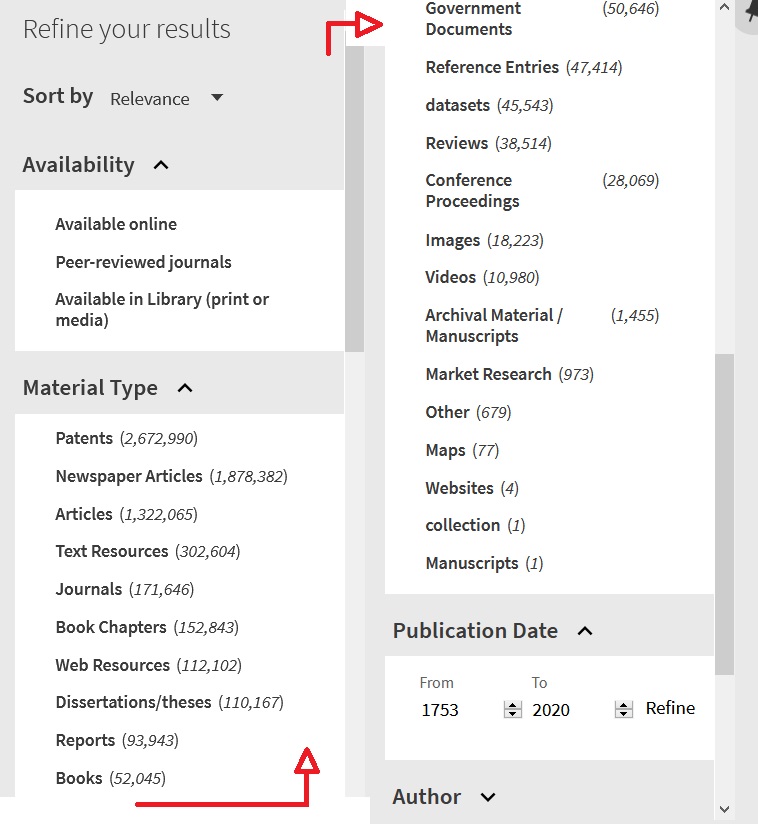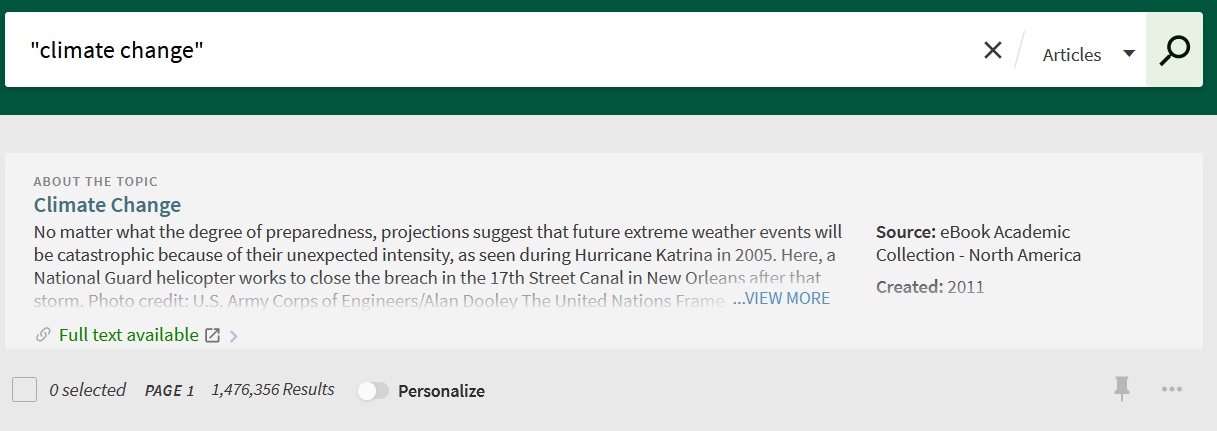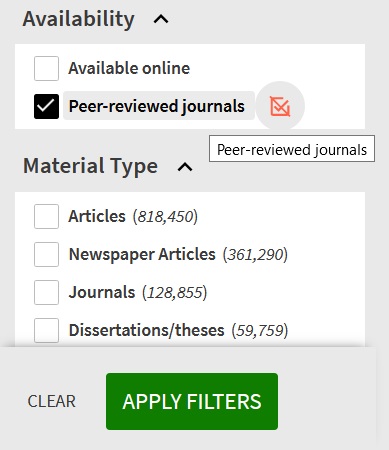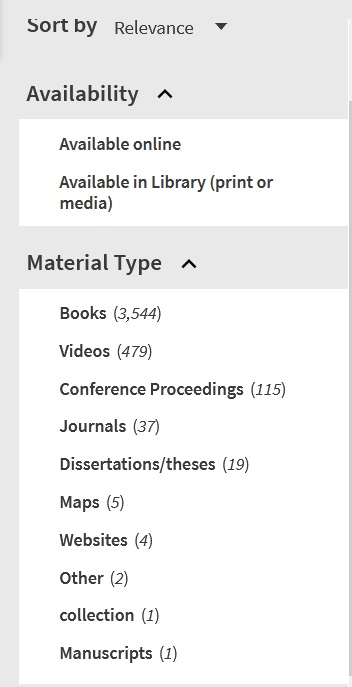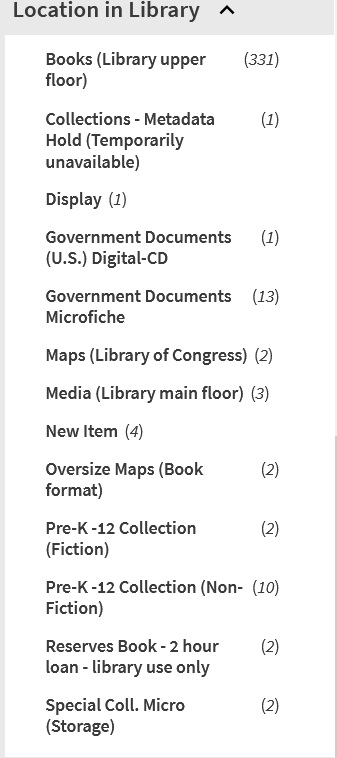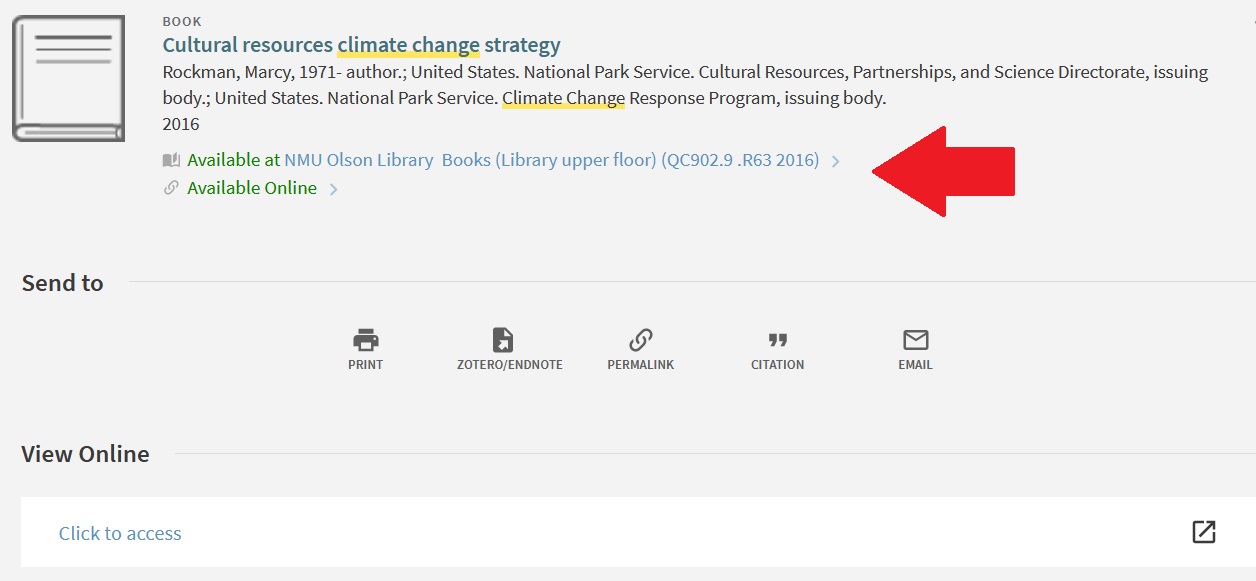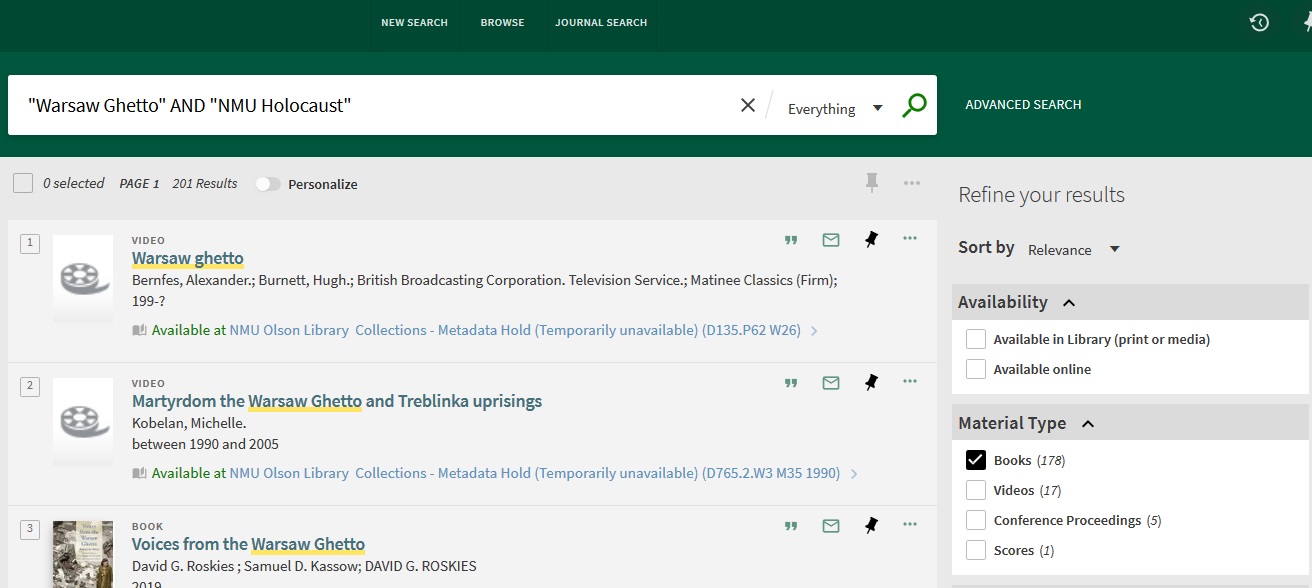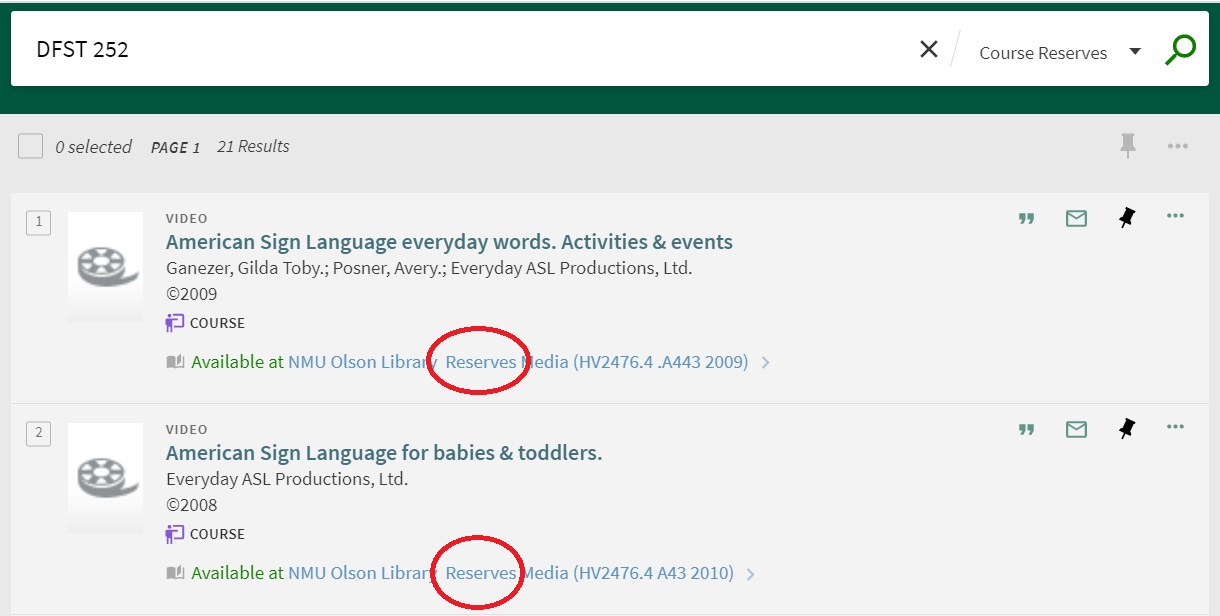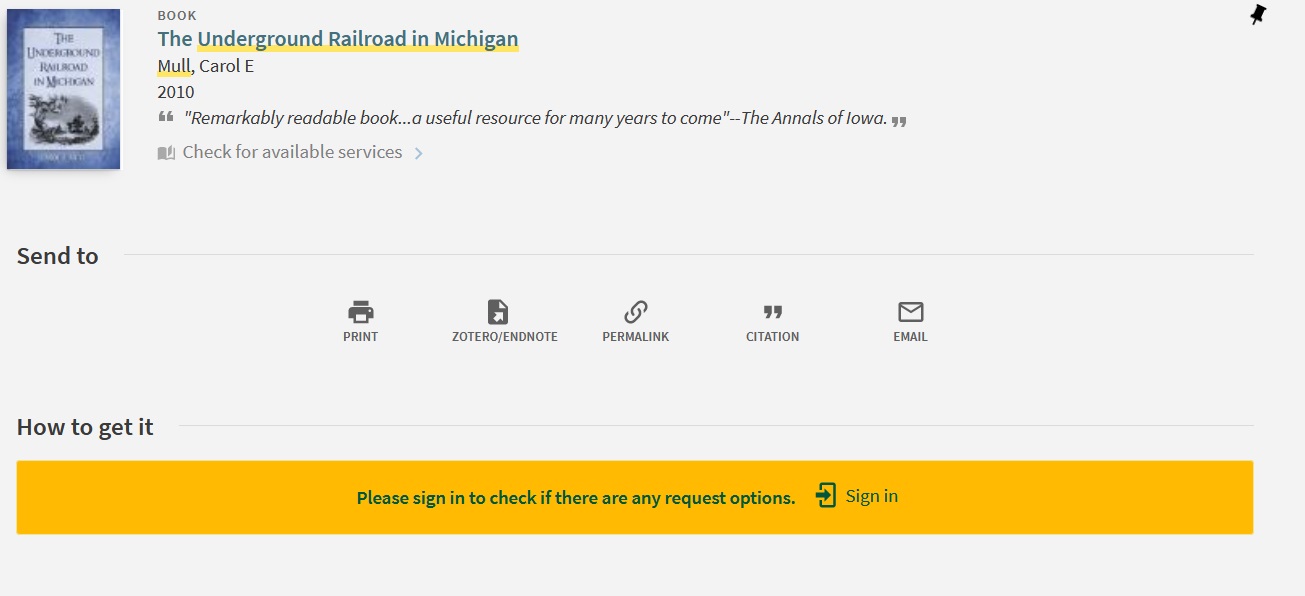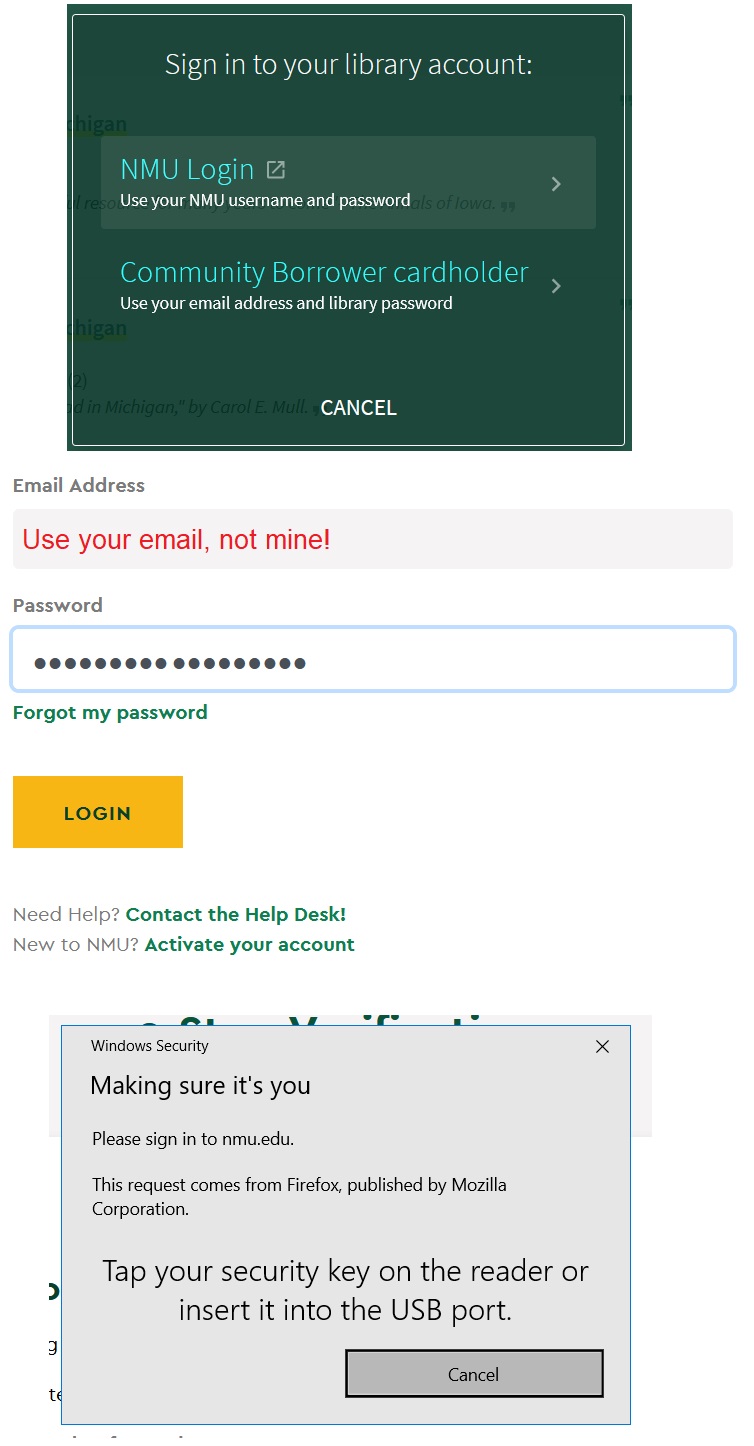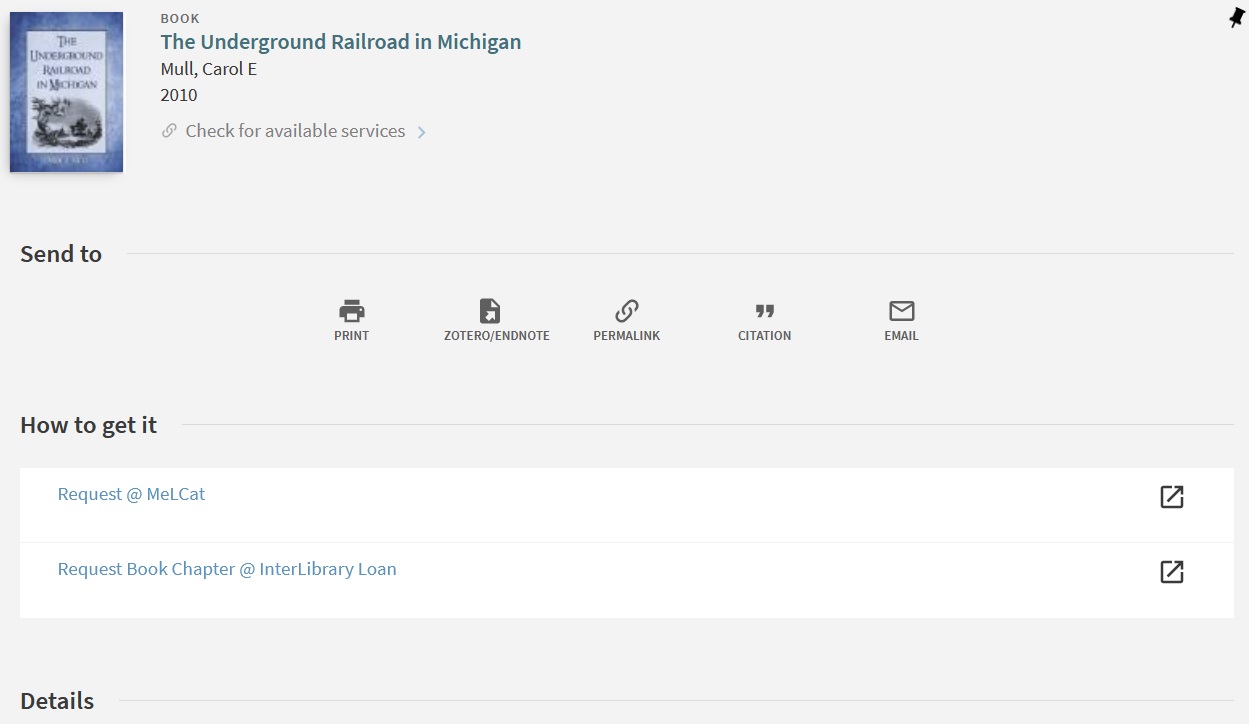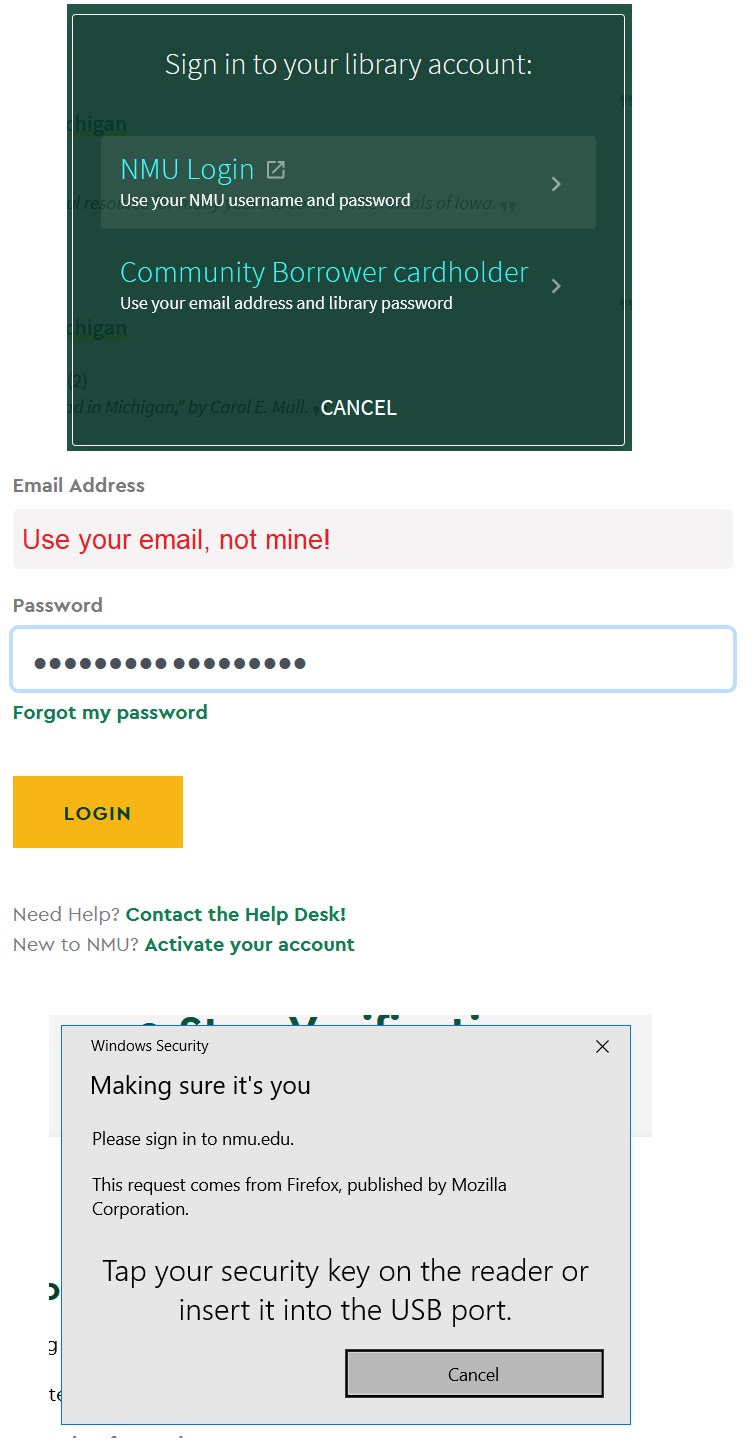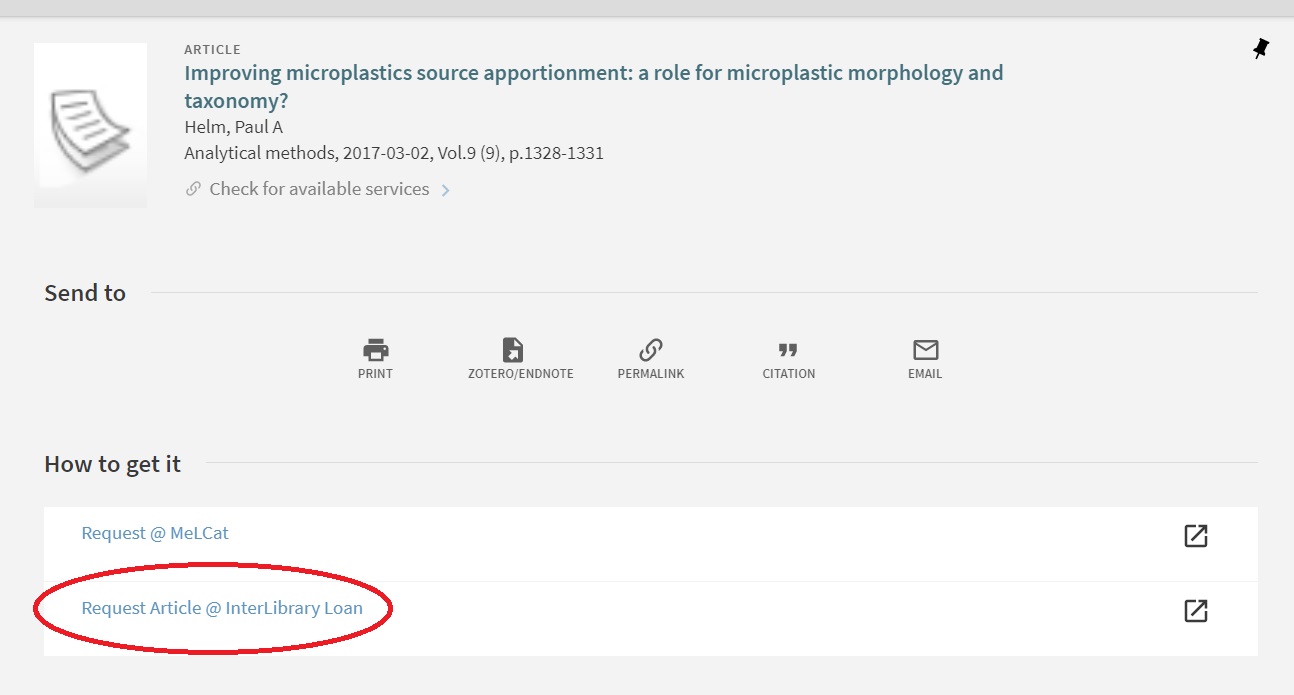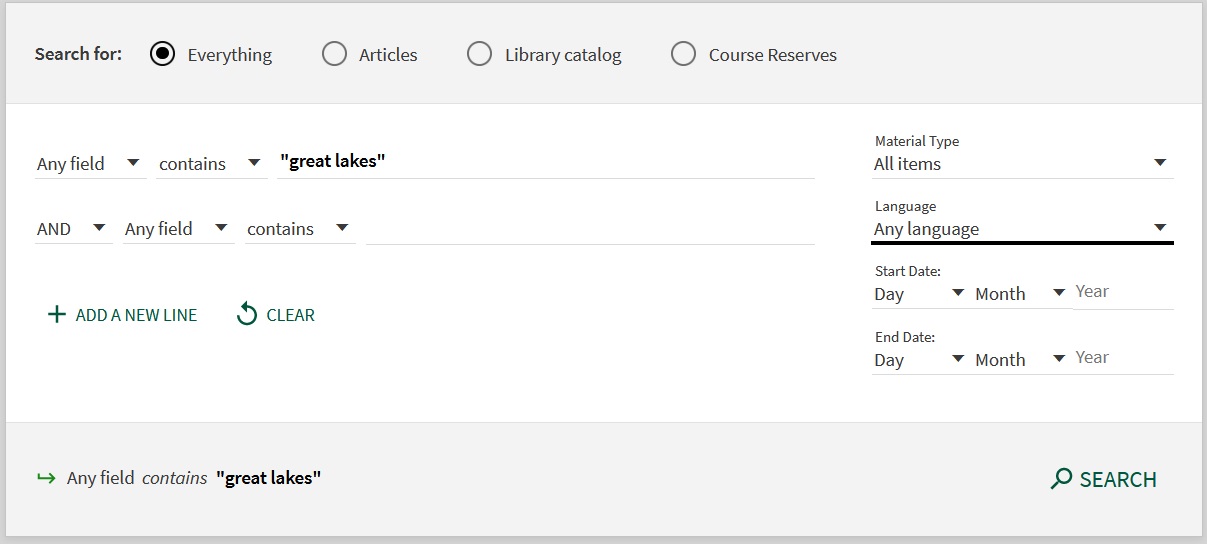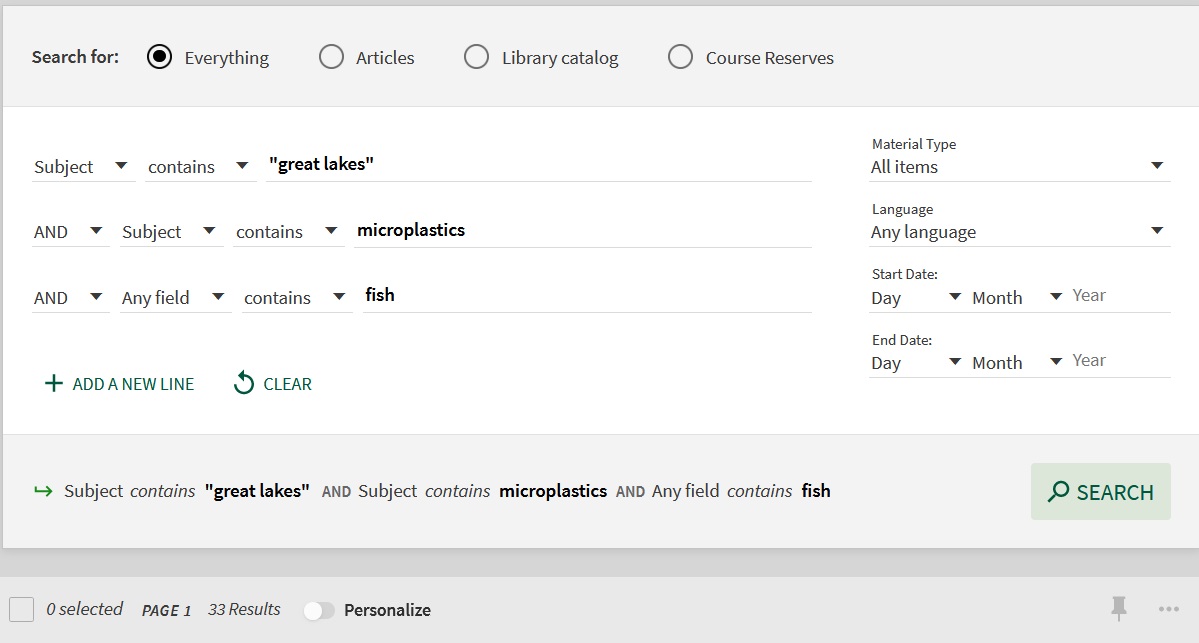Michigan State Police — State & Local statistics (by county & city/township reporting agency). You might also try looking at specific cities and jurisdictions (scroll down for links to county and city governments).
Federal Bureau of Investigation Reports & Publications
U. S. Department of Justice Bureau of Justice Statistics
Sourcebook of Criminal Justice Statistics
List of statistical sources on crime and prisons from the University of Michigan (some links may be available only for UM).
USA.gov search for crime statistics Michigan (you can, of course, substitute any state name). This search engine only searches government sites (federal, state, local, military) and is a great place to start for statistics.
Campus Safety and Security. From the Office of Postsecondary Education, find recent (last year and earlier) crime statistics for NMU as well as other schools in the U.S. using their Campus Safety and Security Data Analysis Cutting Tool Website. Select one of five types of data reports from the categories displayed on the main page.
NMU Public Safety Activity Log
CrimeReports.org. This website claims that it "is the nation's largest collection of law enforcement agencies committed to transparency, public access, and citizen engagement." You might notice that not all local jurisdictions participate--it's up to the agency to participate in this website.
U.S. Crisis Monitor. Data on political violence, demonstrations, and strategic developments in the United States.
Be careful when you land on any website, really, that talks about statistics but doesn't cite the source. Evaluating Internet Sources--check out the page you landed on. Is it acceptable to you? To your prof if you cite it in a paper?
National Criminal Justice Reference Service Abstracts
Contains journal articles, books, and other resources on the subjects of corrections, courts, drugs, law enforcement, juvenile justice, crime statistics, domestic preparedness, and victims. 1970 to the present.
National Criminal Justice Reference Service Virtual Library— This links to the advanced search screen of the free version, available from the Department of Justice, of the database above. Direct links out to scholarly journals might not work as well (but look for those articles in google scholar as a second choice).
CrimeSolutions
From the Department of Justice, this resource is "a web-based clearinghouse of programs and practices and a process for identifying and rating those programs and practices".
The Law Enforcement Knowledge Lab
A resource from the DOJ that will serve as a “one-stop-shop” for reliable guidance, modern policies, and best practices for fair and impartial policing.
Michigan Legislature (Michigan Penal Code begins in Section 750)
Michigan Courts — official Michigan government web site
Legal Source
Includes over 1,200 full-text journals and over 2.5 million records, including book reviews and case citations. Offers information centered on the discipline of law and legal topics such as criminal justice, international law, organized crime, ethics, the environment. Brought to you by the Library of Michigan via the Michigan eLibrary (https://mel.org).
Westlaw Next
Provides access to a variety of legal information, including federal and state case law, the United States Code Annotated, the Code of Federal Regulations, the Federal Register, state statutes and administrative codes, and more. Also included are 900 law journals and reviews.
HeinOnline
This is a legal research database containing comprehensive coverage of U.S. statutory materials, U.S. Congressional Documents and more than 2,600 scholarly journals. Also includes databases on legal topics such as Criminal Justice & Criminology, Indigenous Peoples of the Americas: History, Culture & Law, Religion and the Law, Gun Regulation and Legislation in America, and Civil Rights and Social Justice.
Homeland Security Digital Library — Although a resource for homeland security policy, strategy, and organizational management, a surprising amount of federal, state, and local resources for law enforcement can be found here.
NMU's Loss Prevention Library Guide
Blackwell Companion to Criminology.
Oxford Companion to American Law
This resource takes as its starting point the insight that law is embedded in society, and that to understand American law one must necessarily ask questions about the relationship between it and the social order, now and in the past. The volume takes seriously issues involving laws role in structuring decisions about governance, the significance of state and local law and legal institutions, and the place of American law in a comparative international perspective.
See also NMU's Legal Resources guide.
MEDLINE — Indexes Medicine, Biomedical, and Nursing scholarly/professional journals. Covers material published 1965-present. And there is a free version from the National Library of Medicine.
Academic Search Complete
A multi-disciplinary full-text database, with more than 7,300 full-text, peer-reviewed journals. This database also offers indexing and abstracts for more than 12,500 journals and other publications. Brought to you by the Library of Michigan via the Michigan eLibrary (https://mel.org).
Encyclopedia of Crime & Justice
An interdisciplinary source that addresses not only law but also sociology, psychology, history and economics. Entries vary widely from abortion to rape and from family violence to wiretapping, offering a mirror of issues dominating today's headlines. This edition is a complete update and revision of the previous edition that includes new essays on topics such as stalking, hate crimes, and HIV.
Encyclopedia of International Organized Crime
Bibliographic information about individuals and organizations involved in international organized crime. Includes references.
The Encyclopedia of Rural Crime
Divided into five complementary sections: Theories of rural crime; Rural crime studies; Rural criminal justice studies and responses; Rural people and groups, and; Rural criminological research.
Google Scholar
Journal articles, books, and other resources across many subjects. Provides a "cited by" feature to indicate other papers containing a source paper as a reference.
National Center for Campus Public Safety
A government-funded centralized clearinghouse designed to support campus officials in creating safer and stronger campus communities, provide useful resources and information to support safer campus communities.
Legal Information Institute (Cornell Law School) — one of the top law meta-sites. You have probably ended up there via a google search. This resource is "relied on by tens of thousands of legal professionals around the world, and millions more, including journalists, technical professionals in regulated industries, and government officials in the US and abroad."
Center for Problem Oriented Policing. — an excellent resource with many online publications.
FindLaw.com — another of the top law meta-sites. Court cases can be found here as well as in Justia.
CrimeSolutions.gov. From the Office of Justice Programs. This resource uses rigorous research to inform practitioners and policy makers about what works in criminal justice, juvenile justice, and crime victim services.
Hall of Justice
A searchable inventory of publicly available criminal justice datasets and research that contains nearly 10,000 datasets and research documents from all 50 states, the District of Columbia, U.S. territories and the federal government. The data was collected between September 2014 and October 2015. From the Sunlight Foundation.
National Conference of State Legislatures: Legislative Responses for Policing-State Bill Tracking Database
Up-to-date, real-time information on law enforcement legislation that has been introduced in the 50 states and the District of Columbia. The database contains policing bills and executive orders introduced as of May 25, 2020, that are in response to recent events. You can search legislation for by state, topic, keyword, year, status or primary sponsor.
United Nations Interregional Crime and Justice Research Institute - UNICRI
Created in 1968 to assist intergovernmental, governmental and non-governmental organizations in formulating and implementing improved policies in the field of crime prevention and criminal justice. The aim of UNICRI is to promote national self-reliance and the development of institutional capabilities. To this end, UNICRI provides a one-stop facility offering high-level expertise in crime prevention and criminal justice problems. Click on Documentation/Information Centre for online publications.
Evaluating Internet Resources: yes, you've been surfing for years now, but do you ask yourself these questions when you land on a website? Do you have the guts to use a resource you've found online without checking it out first?
Related to the above, Fake News. Check what you have just seen online, please.
Google Advanced Search. Use this to your advantage.
USA.gov— Federal & State & Local government search engine.
USA.gov is your online guide to government information and services. USA.gov searches only federal, state, and local government websites available to the public. Its search box works like other search engines you're used to, but USA.gov only returns results from government web pages, most ending in .gov or .mil.
Criminal Justice blogs worth following.
CataList. Yes, listservs are still relevant.
Professional Development and Assessment
General Career Resources
Encyclopedia of Careers and Vocational Guidance - HF 5381 .E52
Occupational Outlook Handbook. Look up occupations, their pay, growth rate, education level. So many labor and job statistics come from this resource.
Career Outlook. From the Bureau of Labor Statistics, a magazine that provides data and information on occupations and industries, their pay and benefits, and more.
O*NET Formerly the Dictionary of Occupational Titles, this online resource is touted as the nation's primary resource of occupation information.
Learning Express Library
An online guide to test preparation. Includes practice tests for: academic, advanced placement, basic skills success, U.S. citizenship, civil service, college preparation (ACT, SUNY, SAT), cosmetology, EMS, ESL (Spanish, firefighter, GED, graduate school entrance (GRE, GMAT, LSAT, MCAT), law enforcement, military, real estate, and teacher certification (PPST,CBEST). Brought to you by the State of Michigan via the Michigan eLibrary (http://mel.org).
Practice tests and tutorial courses for a variety of occupations including 10 in the field of Law Enforcement. Free access to NMU students (you just have to sign in first).
Career Infonet. Sponsored by the U.S. Department of Labor. Information and data in the Occupation Profile come from several U.S. Department of Labor data sources.
Monster.com.
CareerBuilder.com
JobStar.org
Specific Career Resources
Believe it or not, when using a library catalog, the search term for finding out about a career is "vocational guidance",followed by the name of the job or occupation ("law enforcement", or police, or "criminal justice", or "private security services", etc). Additional terms--recruiting (used with police), public safety. Here are some recent publications in this area:
Today's police and sheriff recruits: insights from the newest members of America's law enforcement community. Castaneda, Laura, and Ridgeway, Greg. E-book.
Exploring and understanding careers in criminal justice: a comprehensive guide. E-book.
Mentoring in the criminal justice professions: conveyance of the craft. By Frank A. Colaprete. HV9950 .C57 2009
Women in the Security Profession: a Practical Guide for Career Development. E-book.
Federal law enforcement careers: profiles of 250 high-powered positions and tactics for getting hired. By Thomas Ackerman. HV8143 .A64 2006.
Careers in criminal justice and related fields: from internship to promotion. By J. Scott Harr. HV8143 .H327 2006.
Guide to landing a career in law enforcement. By John E. Douglas. E-book.
Homeland security and federal law enforcement career guide. HV6432.4 .H653 2005
Careers with government security and intelligence agencies: F.B.I. Federal Bureau of Investigation, C.I.A. Central Intelligence Agency, Secret Service, Defense Intelligence Agency, National Security Agency, Bureau of Diplomatic Security E-book.
Careers in criminology. By Marilyn D. Morgan. E-book.
Job Search Websites: Law Enforcement
There are, naturally, pretty specific sites about anything. If you conduct a Google search for the web address of any of these, then search "similar pages". There are many more: some looked a bit hokey to me and I did not include them in this list.
The NMU Department of Criminal Justice has a webpage on employment.
911HotJobs
TheBlueLine
USAJOBS. (specific to the Federal Government)
Local Information--Where do you want to live?
Places Rated Almanac. E-book.
BestPlaces (includes crime statistics)
CityData
CityRating
QuickFacts from the U.S. Census Bureau. It all starts with the Census Bureau data. State, county, and place data (demographic, economic).
Cost of moving estimates. This information can also be found on some of the general career resources websites.
Real estate costs. Zillow is a popular website for this information.
Climate data. Easy to use website. Locate a place by name, anywhere in the world.
State and Local Government on the Net. Listing, and links, to all state and local government offices (for those that have a web presence--not all do ). The Municipal Yearbook also has a listing of contacts.
OnlineNewspapers.com
Refdesk Newspapers
Would you like to be near a good college? The College Navigator, from the National Center for Education Statistics.
U.S. News and World Reportsranks the best colleges every year. NMU has electronic access to this magazine, and U.S. News and World Reports provides a free sample of these rankings.
And on a very personal note, how does the city or community treat its Public Library? What is it like?

